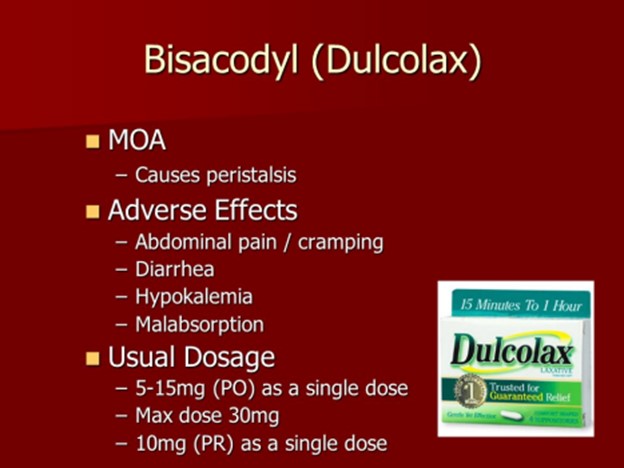A nurse is collecting data from a client in the health clinic who is reporting epigastric pain. Which of the following statements made by the client should the nurse identify as being consistent with peptic ulcer disease?
"I feel so much better after eating."
"The pain is worse after I eat a meal high in fat."
"The pain radiates down to my lower back."
"My pain is relieved by having a bowel movement."
The Correct Answer is B
A. "I feel so much better after eating." This is most consistent with a duodenal ulcer, where pain is relieved by food (but often returns 2–3 hours later). Gastric ulcers, on the other hand, may worsen with eating.
B. "The pain is worse after I eat a meal high in fat." Fatty food intolerance and postprandial pain are more characteristic of gallbladder disease (cholelithiasis/cholecystitis), not PUD.
C. "The pain radiates down to my lower back." Pain radiating to the back is more typical of pancreatitis, not PUD.
D. "My pain is relieved by having a bowel movement." Relief of abdominal pain with a bowel movement suggests irritable bowel syndrome (IBS), not PUD.
Nursing Test Bank
Naxlex Comprehensive Predictor Exams
Related Questions
Correct Answer is A
Explanation
Sucralfate is a medication used to treat peptic ulcers by forming a protective coating on the stomach lining. It should be taken on an empty stomach, as food can interfere with its absorption and effectiveness. One hour before breakfast and the evening meal is the correct timing for administering sucralfate, allowing for an empty stomach before meals.
At the time the client takes a proton pump inhibitor: Proton pump inhibitors are a different class of medications used to reduce stomach acid production. It is recommended to administer sucralfate separately, as it works differently and has different administration requirements.
Thirty minutes after breakfast and the evening meal: Administering sucralfate after meals is not ideal, as it may not provide the desired therapeutic effect on an empty stomach.
The time the client takes an antacid: Antacids are also different from sucralfate, and they can interfere with its absorption. It is generally recommended to administer sucralfate separately from antacids.
Correct Answer is D
Explanation
Bisacodyl is a stimulant laxative commonly used to treat constipation. However, it is important to educate the client about the potential risks associated with chronic laxative use. The statement regarding electrolyte imbalance is important because excessive or prolonged use of laxatives can lead to electrolyte disturbances, such as low potassium levels (hypokalemia), which can have adverse effects on various body functions.

"Daily bowel movements are necessary for good intestinal health": While regular bowel movements are generally desirable, stating that daily bowel movements are necessary for good intestinal health is an overgeneralization. Bowel movement frequency can vary among individuals, and it is important to consider other factors such as diet, hydration, and overall health.
"Chronic use of laxatives can lead to a tear in the rectal mucosa": While chronic use of laxatives can lead to complications such as dependence and potential damage to the digestive system, specifically mentioning a tear in the rectal mucosa (rectal mucosal injury) is not the most commonly associated concern.
"Decrease your intake of high-fiber foods": It is generally recommended to increase fiber intake for individuals with constipation. Decreasing high-fiber foods would counteract the benefits of dietary fiber in promoting regular bowel movements and alleviating constipation.
Whether you are a student looking to ace your exams or a practicing nurse seeking to enhance your expertise , our nursing education contents will empower you with the confidence and competence to make a difference in the lives of patients and become a respected leader in the healthcare field.
Visit Naxlex, invest in your future and unlock endless possibilities with our unparalleled nursing education contents today
Report Wrong Answer on the Current Question
Do you disagree with the answer? If yes, what is your expected answer? Explain.
Kindly be descriptive with the issue you are facing.
